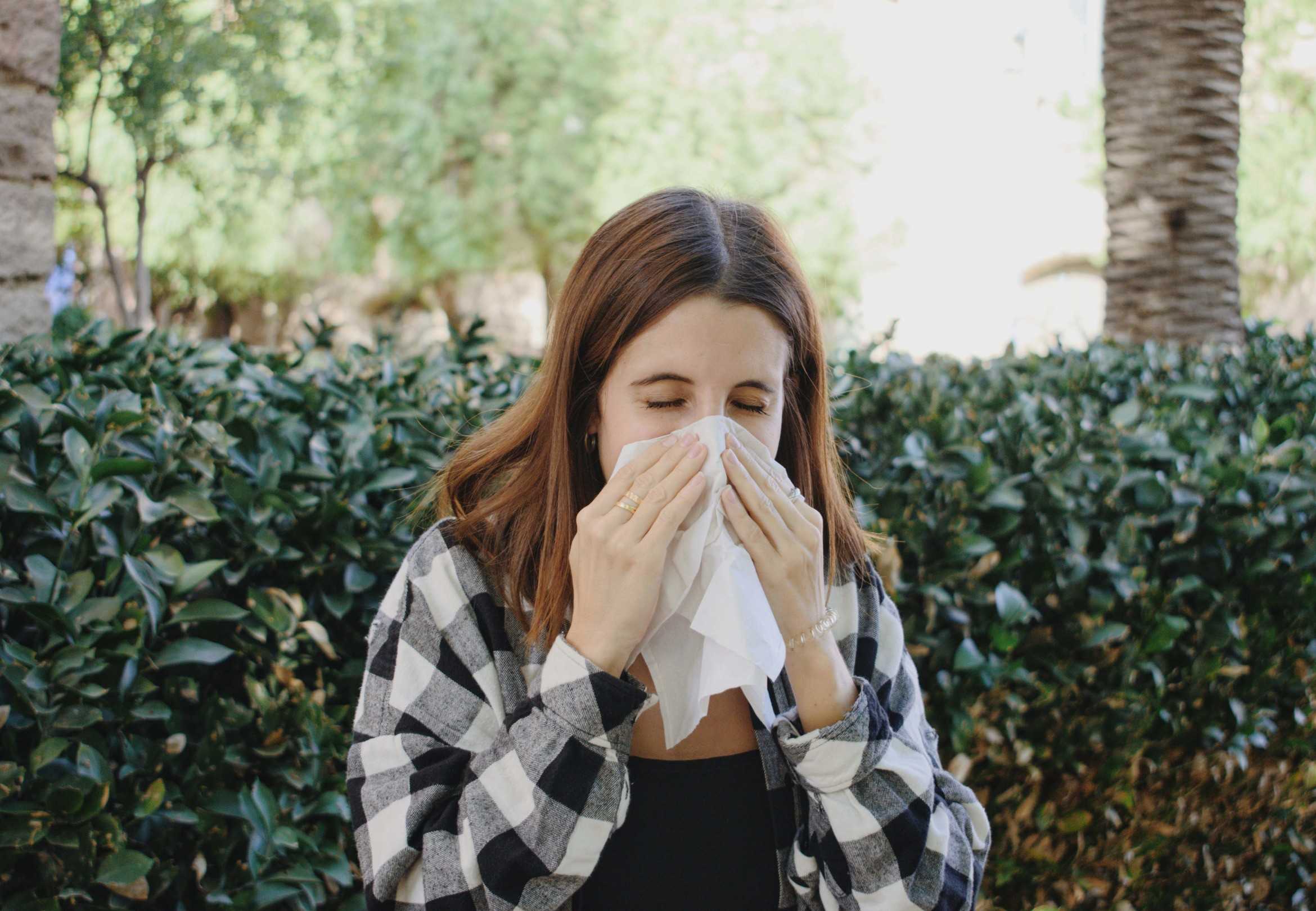The immune system is a complex network of cells, organs and tissues. It protects us from both internal and external threats (viruses, bacteria, fungi, cancer cells, etc.), it restores damaged tissues and maintains homeostasis (the ideal conditions for our body to be in balance and function properly despite changes).
The immune system is formed by 3 lines of defence that protect us:
- Physical barriers: these are the skin, mucous membranes and microbiota. This first line of defence is not specific, i.e. it does not selectively target any particular pathogen (infectious micro-organism that can cause disease in its host, mainly viruses, bacteria or fungi), but stops any type of invader from entering.
- Innate immunity: this comes into play when the pathogen crosses the first line of defence and is non-specific. At this point, different immune system cells (phagocytes, macrophages and neutrophils) take part and identify the pathogens and respond by creating an immediate and powerful inflammatory response (we notice swelling, heat and itching).
- Adaptive immunity: unlike the previous ones, this line of defence is pathogen-specific and therefore the most efficient. It is activated when the immune system detects an antigen (a protein that is part of the pathogen) that the body recognises as foreign and therefore tries to eliminate it. As a result, it creates another type of immune cell, the B and T lymphocytes, which recognise the pathogen and effectively eliminate it.
They stay in our body over a period of time and we say that we have immunity against that pathogen. If we get infected again in the future, our body acts much more quickly and efficiently and we do not get ill. The development of vaccines is based on this principle.
7 tips to improve immunity:
In our day-to-day lives, we can counteract the factors (age, stress, poor diet,…) that weaken our defence lines and immune system with small changes.
1. Follow a healthy diet
As Hippocrates said: “Let thy medicine be thy food”. Eating well is the first step to a strong immune system. Several studies show that following the Mediterranean diet has beneficial properties for our health. This diet includes food groups that ensure the intake of vitamins C, E and D, minerals such as zinc, magnesium and probiotics, which are very important for the immune system to function properly. For example, vitamin D plays an important role in innate response modulation because it supports lymphocyte maturation.
2. Do exercise on a regular basis
Exercise stimulates cellular immunity by increasing immune cell circulation in the body. It also helps us sleep well, reduces the risk of cardiovascular disease and reduces stress. All of these factors have a significant impact on our immune system.
3. Get enough sleep
Scientific evidence confirms that sleep deprivation can negatively affect the proper functioning of our defences. While we sleep, our immune system regenerates and strengthens its functions. The immune system’s cells diminish during periods when you don’t get enough sleep. That is why it is very important to get between 7 and 8 hours of sleep every day.
4. Reduce your stress levels
Stress affects your entire body, including the immune system. Chronic stress can decrease the number of B-cells, which are very important for our immunity, as they produce antibodies that bind to the pathogen and eliminate it. It can be a difficult task, but it is important to reduce it as much as possible. Some recommendations are to introduce good habits into your life such as a balanced diet, good rest, regular exercise, hobbies, going out with friends or meditating.
5. Avoid tobacco and alcohol
Both of these affect our innate and adaptive immunity by attenuating our defences. This means that we are less able to fight infections and have an increased risk of developing autoimmune diseases.
6. Adopt hygienic measures
This is one of the most underrated aspects of taking care of your immune system, but it can make all the difference in preventing infections. During the pandemic we saw the importance of good hand hygiene; washing hands with soap and water before and after eating or handling food, after contact with someone with a cold, after going to the toilet, blowing your nose or treating a wound, are routines that can help minimise exposure to external agents that put our immune system to the test.
7. Boost your immune system with supplements
Our last piece of advice concerns the use of food supplements. These will help you strengthen your immune system by providing you with vitamins and minerals, taking care of your natural defence barriers such as your microbiota. They will also help regularise your rest and control your stress levels, allowing your immune system to work efficiently.
In the table below we suggest some supplements that can help improve your immune system:
| Supplements | Vitamins and minerals | Microbiota balance | Sleep Disorders | Stress and mood |
| Vitamin C | X | |||
| Zinc | X | X | ||
| Vitamin C + Zinc | X | |||
| Vitamin D3 | X | X | ||
| Vitamin E / Vitamin E Complex | X | X | ||
| Magnesio | X | X | ||
| Proactiflora | X | |||
| Ashwagandha | X | X | ||
| Griffonia Complex | X | |||
| Melatonin / Melatonin gotas | X | |||
| L-Tryptophan complex | X | X |
|
Did you know…? We’ve all heard that the immune response diminishes with age, making us more prone to infections. But do you know why? Scientific studies indicate that as we age, the bone marrow contains fewer stem cells, which produce immune system cells. This also explains why vaccines are less effective among the elderly. Besides, older people tend to eat less, and frequently their diets are less varied. This can lead to malnutrition due to a lack of micro- and macronutrients, i.e. deficiencies in vitamins, essential trace elements, proteins, etc., which are obtained through proper nourishment. This nutritional deficiency along with other distinctive ageing features has physiological consequences that affect the immune system and weaken it. |
Now that you have read all our tips on how to protect and strengthen your immune system, it’s up to you to improve your quality of life and make sure that a cold doesn’t stop you from doing the things you enjoy most.


